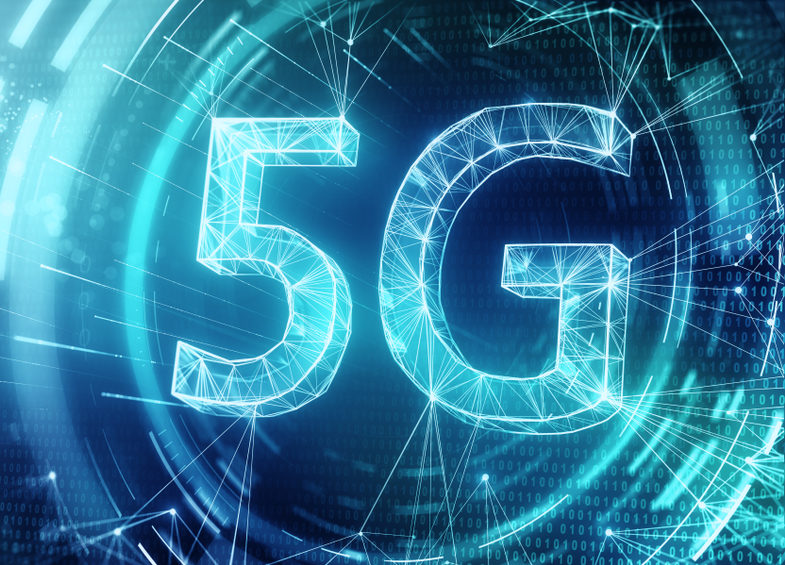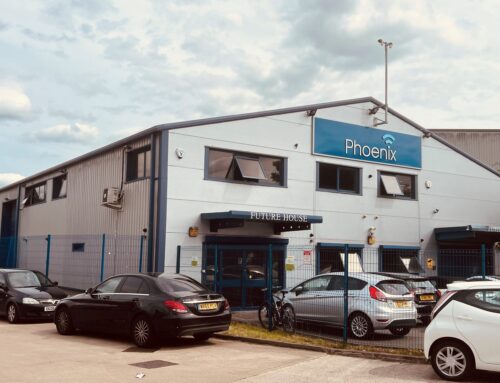 The UK’s forthcoming upgrade to 5G mobile networks has been heavily publicised in recent weeks. From security concerns to initial roll-out dates, there’s been a lot of hype — but not much detail about the benefits.
The UK’s forthcoming upgrade to 5G mobile networks has been heavily publicised in recent weeks. From security concerns to initial roll-out dates, there’s been a lot of hype — but not much detail about the benefits.
So what will 5G offer? Which networks will support it? And, crucially, will it be worth getting?
5G is Coming
5G will launch in the UK sometime in 2019, at which point, you’ll be able to buy a 5G plan for yourself. Right now, 5G is available in some locations as part of a period of testing. You may have seen news reports broadcast over 5G around the end of May.
EE was the first network to offer 4G in the UK, and it’s already offering a small range of 5G-enabled mobile phones on its website.
Why Switch?
The first big change for 5G users will be speed. 5G is less sensitive to interference from solid objects like trees, so it’ll deliver faster connections. It also uses a different set of frequences to 4G, and that also contributes to the speed boost. On paper, speeds of one gigabit per second are possible, rising to 10 Gbps over time. Time will tell whether real world usage will hit that speed, but in practice, it means that a movie that dowloads in about 10 minutes now will take around a minute on 5G.
The second big benefit will be capacity. 5G is designed to allow far more connections, so it’s better suited to our growing requirement for mobile connectivity. For example, you could have a SIM card in each of your home CCTV cameras, rather than having to connect them all wirelessly to one router. This also makes it suitable for things like driverless cars that need access to colossal amounts of data on demand.
Due to increased speeds and better reliability, 5G is expected to reduce the need for land lines and hard wired broadband in our homes. Lower latency will make it better for gaming, while improved connectivity will mean that you aren’t fighting others for the same slice of signal.
Should You Upgrade?
Handsets from OnePlus, Oppo, and Samsung are already available. But wait. Don’t get your credit card out just yet. 5G initially only launches in London, Manchester, Cardiff, Birmingham, Edinburgh, and Belfast, and even then, coverage is quite patchy.
EE will add another 10 cities to its service by the end of 2019: Bristol, Leeds, Nottingham, Coventry, Leicester, Sheffield, Glasgow, Hull, Liverpool, and Newcastle will all benefit.
So if you spend most of your time in one or more of these cities, it’ll be worth upgrading. Outside of them, you won’t get 5G, so you might be better off sticking with your 4G contract until the infrastructure is better.
The cost of a 5G contract should be factored in. Unless you have a desperate need to use 5G for work, you’d be better waiting for now and picking up a used mobile phone to bridge the gap.


